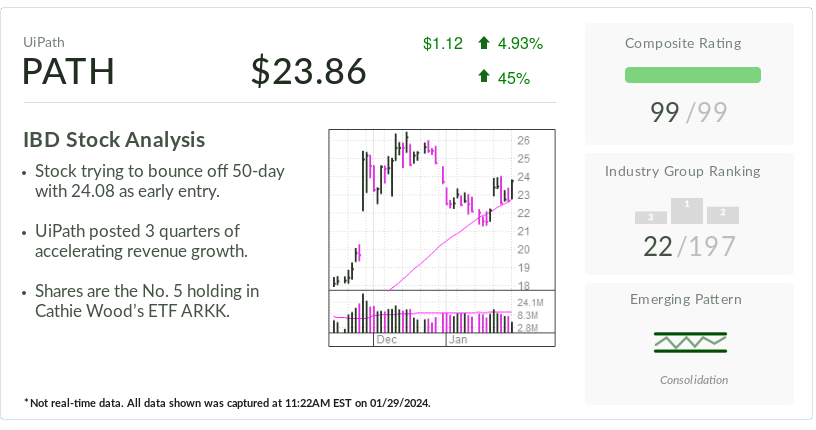Approximately a year after the public debut of ChatGPT, the emergence of AI spam inundating the online realm is becoming a reality, aligning with earlier predictions.
In the recent past, three notable instances exemplify this trend.
Initially, 404 Media, a nascent tech blog, detailed their necessity to adjust their website due to the influx of AI spam. They observed AI-generated renditions of their articles surfacing on SEO-optimized spam websites, occasionally outranking authentic 404 Media content on Google search results. These fraudulent activities, primarily driven by ad revenue from the AI-created pages, are adversely impacting the news industry by diverting clicks and revenue away from legitimate sources.
The Hairpin, a renowned independent blog from the 2010s, was reportedly hijacked by an AI click farm operator. While retaining some popular articles, the perpetrator replaced the female authors’ names with male aliases.
Moreover, at the extreme end of the AI-spam spectrum, there exist AI-crafted obituaries riddled with inaccuracies, inflicting genuine distress on mourning families. These deceptive practices involve scraping and duplicating content from funeral home websites, transforming them into YouTube videos and spam websites to exploit search traffic related to recent deaths.
Notably, these instances—404 Media’s imitators, The Hairpin’s intruder, and the obituary pirates—though distinct in nature, share a common thread of malicious intent. Perpetrators exploit AI capabilities to churn out copious amounts of content aimed at securing top positions in Google search results for financial gain.
The repercussions extend beyond content theft and digital exploitation of bereaved families. Google, as a prominent search engine, faces the challenge of serving substandard results to users amidst evolving search alternatives facilitated by AI advancements.
Acknowledging the issue, Google has taken steps to mitigate spammy obituaries that violate its policies. However, perpetrators often outpace platform responses, as evidenced by recent incidents like the proliferation of AI-generated inappropriate images of Taylor Swift on platform X.
The transformative influence of AI on the internet, whether positive or negative, is undeniable. The onus lies on Google and AI tool developers to mitigate the detrimental impacts and safeguard online integrity.






